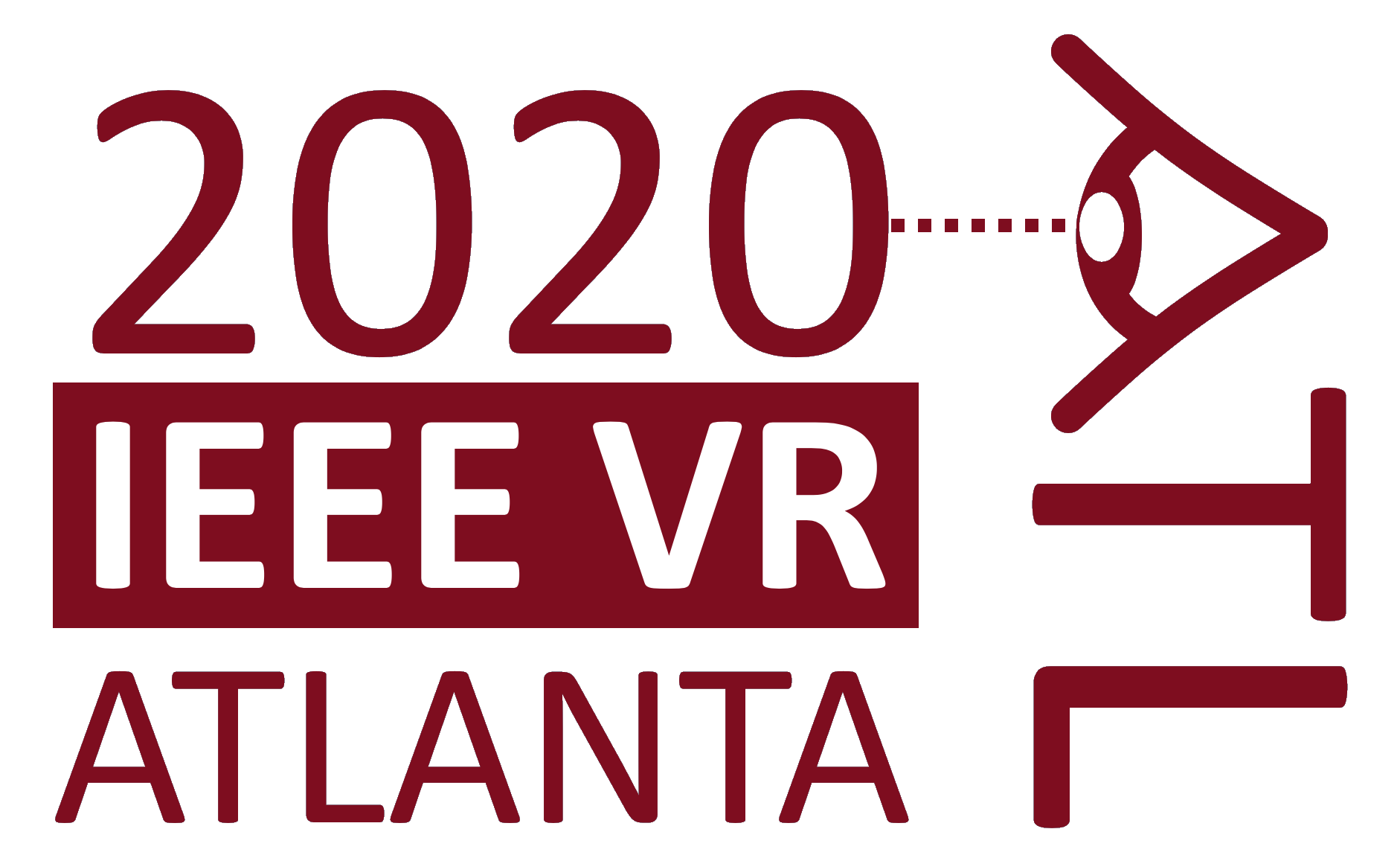
March 22nd - 26th

March 22nd - 26th
Conference Sponsors:
Gold

University of Georgia
Silver

Georgia Institute of Technology
Bronze
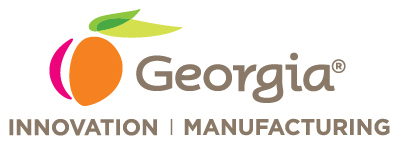
The Center of Innovation for Manufacturing - Georgia Institute of Technology
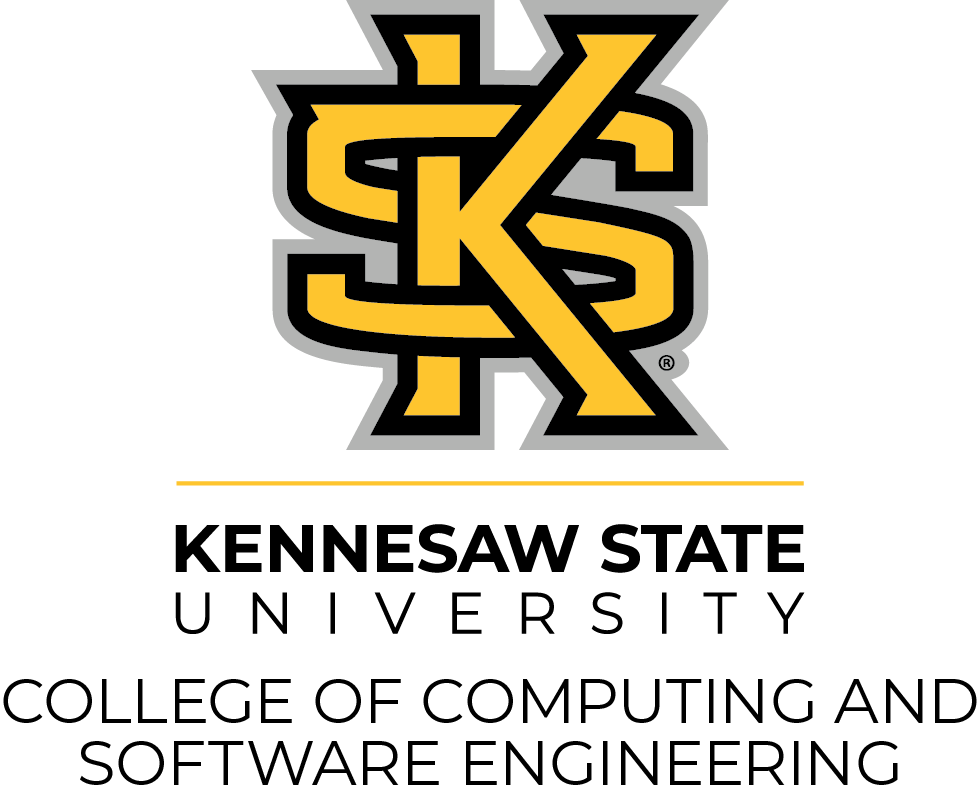
Kennesaw State University

Mozilla

Microsoft Research, Altspace and Mixed Reality

Amazon Web Services
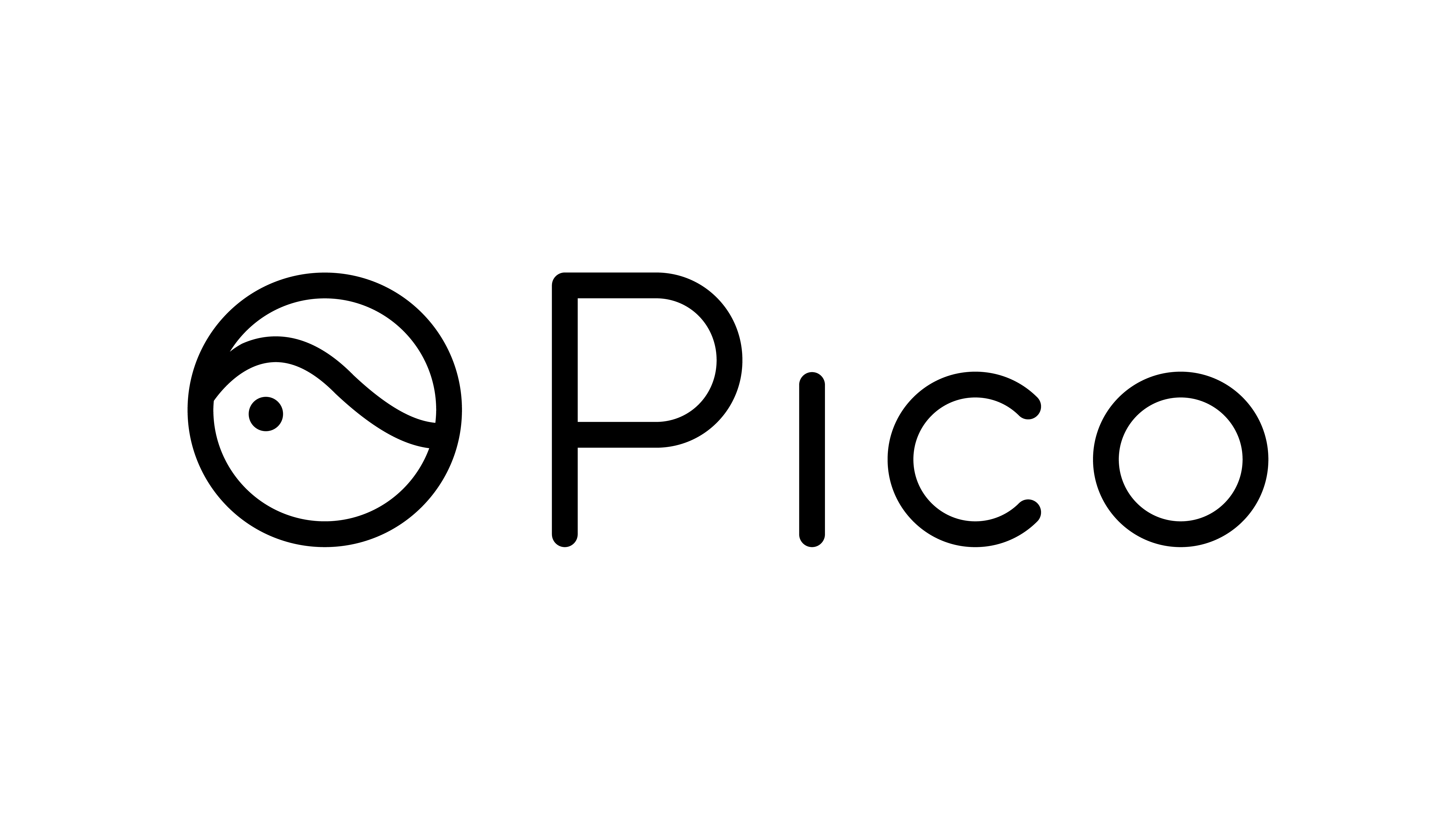
Pico Interactive
Supporter

Emory University
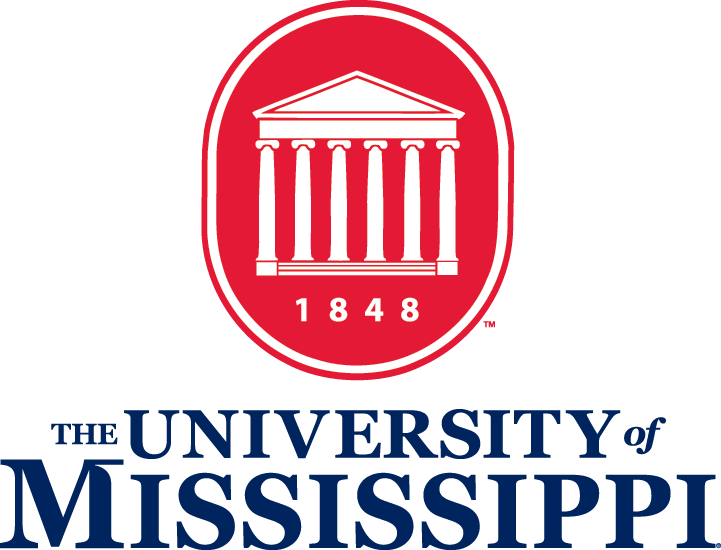
University of Mississippi

Vimeo
Doctoral Consortium Sponsors:

National Science Foundation
Contest Sponsors:

Fakespace Labs
Exhibitors and Supporters
Call for Conference Papers
IEEE VR 2020: IEEE Conference on Virtual Reality and 3D User Interfaces
March 22nd - 26th, 2020
http://ieeevr.org/2020
Important Dates
- November 16, 2019: Conference paper abstracts due (REQUIRED)
- November 23, 2019: Conference paper submissions due
- January 26, 2020: Conference paper notifications of results returned to authors
- February 9, 2020: Camera-ready material due from authors of accepted conference papers
Overview
IEEE VR 2020 seeks original, high-quality papers in all areas related to virtual reality (VR), including augmented reality (AR), mixed reality (MR), and 3D user interfaces (3DUIs).
For inquiries, contact: conferencepapers2020 [at] ieeevr.org
Submission Guidelines
Each research paper should be a validated contribution covering one or more of four styles of papers methodological, technology, applications, or systems. Papers are welcome that provide contributions in more than one of these areas. Authors should select a primary designation for submissions:
- Methodological papers should describe advances in theories and methods of AR/VR/MR and 3DUI, such as ethical issues, theories on presence, or human factors.
- Technology papers should describe advancements in algorithms or devices critical to AR/VR/MR and 3DUI development such as input, display, user interaction, or tracking.
- Application papers provide an important insight to the community by explaining how the authors built upon existing ideas and applied them to solve an interesting problem in a novel way. Each paper should include an evaluation of the success of the use of AR/VR/MR and 3DUI in the given application domain.
- System papers should indicate how the developers integrated techniques and technologies to produce an effective system, and convey any lessons learned in the process.
Each paper should include an evaluation of its contributions appropriate to its type (e.g., user study, case study, expert user feedback, system comparisons, technical benchmarking).
We welcome paper submissions between 4 and 8 pages, NOT including references. Note that there are no distinct categories for short papers or technotes. The contribution of the paper will be weighed against its length during review. All submissions will receive at least three reviews by experts in the field to ensure quality of accepted submissions. All accepted submissions must be presented orally at the conference. Conference Papers will appear in the Proceedings of IEEE VR and be archived in the IEEE Xplore Digital Library. Starting from 2018 the Conference Paper track is distinct from the Journal Paper track.
Authors are asked to identify one or more broad topic areas for each submission. It is understood that these topic areas overlap, and authors should identify primary and, if necessary, secondary broad topic areas (#1, #2 or #3 below) by priority within the submission system. Authors should note that the conference paper chairs will use this information only to assist with assigning the most appropriate reviewers while also balancing reviewer workload. Reviewers will also indicate similar broad topic area priorities based on their expertise. There is no quota for the number of accepted submissions per topic area, and the overall program will be based on the highest quality contributions to the field as judged across all topics.
Topics
IEEE VR 2020 seeks contributions in VR/AR/MR and 3DUI including, but not limited to, the following topics:
Topic Area #1 - Technologies & Applications
- 2D/3D and volumetric display and projection technology
- 3D authoring
- Computer graphics techniques
- Crowd simulation
- Immersive / 360° video
- Immersive analytics and visualization
- Modeling and simulation
- Multi-user and distributed systems
- Multimodal capturing and reconstruction
- Scene description and management issues
- Software architectures, toolkits, and engineering
- Storytelling
- Therapy and rehabilitation
- Tracking and sensing
- Training, teaching, entertainment
Topic Area #2 - Multi-sensory Experiences
- Audio interfaces, sound rendering, spatialized audio, auditory perception and psychoacoustics
- Embodied agents, virtual humans and (self-)avatars
- Haptic and tactile interfaces, wearable haptics, passive haptics, pseudo haptics, other touch-based UI
- Mediated and diminished reality
- Multimodal input and output
- Multisensory rendering, registration, and synchronization
- Perception and cognition
- Presence, body ownership, and agency
- Teleoperation and telepresence
Topic Area #3 - Interaction
- 3D user interaction
- 3DUI metaphors
- Collaborative interactions
- Ethical issues
- Human factors and ergonomics
- Input devices
- Locomotion and navigation
- Multimodal/cross-modal interaction and perception
- Non-fatiguing 3DUIs
- Non-visual interfaces (such as olfactory)
- Touch, tangible and gesture interfaces
- Usage research, evaluation methods and empirical studies
Additional Submission Guidelines
All paper submissions must be in English. All IEEE VR Conference Paper submissions must be prepared in IEEE Computer Society VGTC format (http://junctionpublishing.org/vgtc/Tasks/camera.html) and submitted in PDF format. We _highly _encourage authors to use the LaTeX template. However, authors who choose to use the MS Word template should ensure that the PDF submission matches the PDF format template (http://junctionpublishing.org/vgtc/Templates/october2017/vgtc_conference_latex.pdf).
Failure to make reasonable attempts to adhere to the formatting guidelines will result in desk rejection.
Paper submissions must not have been previously published. A manuscript is considered to have been previously published if it has appeared in peer-reviewed journals, magazines, books, or meeting proceedings that are permanently available afterward in print or electronic form to non-attendees, regardless of the publication language. A prior 2-page abstract is not considered a previous publication and therefore would not prohibit acceptance.
A paper identical or substantially similar in content (in its entirety or in part) to one submitted to VR must not be simultaneously under consideration for another conference or journal during any part of the VR review process, from the submission deadline until notifications of decisions are emailed to authors. A concurrent 2-page abstract under review elsewhere is not considered a simultaneous publication and therefore would not prohibit acceptance.
Failure to adhere to the previous or simultaneous submission guidelines will result in a rejection without returning the reviews.
IEEE VR uses a DOUBLE-BLIND review process. This means that both the authors and the reviewers should remain anonymous to each other. Submissions (including citations and optional videos) should not contain information that identifies the authors, their institutions, funding sources, or their places of work. Relevant previous work by the authors should be cited in the third person to preserve anonymity. Authors should work diligently to ensure that their submissions do not expose their identities either through carelessness or intentionality. Authors that have questions/issues around double-blind submission policy should contact the program chairs.
Failure to make reasonable attempts to anonymize your submission will result in desk rejection.
In order to fully explain the relationship between the submitted paper and relevant previous work by the authors, authors may additionally upload previous papers as well as a non-anonymous letter of explanation; these materials will only be seen by the primary reviewer.
Authors are encouraged to submit videos to aid the program committee in reviewing their submissions. Videos should be submitted as additional material in the PCS submission system along with the paper submission. Videos submitted with papers will automatically be considered for possible inclusion in the video proceedings (video submissions may also be made independently, as described in the separate Call for Videos). Videos must be free of any identifying information prior to reviewing as per the double-blind submission policy. If accepted for the video proceedings, a revised version of the materials will be requested.
Submission Deadlines
Each deadline is 23:59:59 AoE (Anywhere on Earth) == GMT/UTC-12:00 on the stated day, no matter where the submitter is located. A convenient tool to see when AoE is for your local time is setting the “Location 1” field to your location and “Location 2” to Baker Island (which uses AoE) at https://www.timeanddate.com/worldclock/meeting.html
** The submission deadlines will be strictly enforced. Requests for extensions will not be honored **
- November 16, 2019: Conference paper abstracts due (REQUIRED)
- November 23, 2019: Conference paper submissions due
- January 26, 2020: Conference paper notifications of results returned to authors
- February 9, 2020: Camera-ready material due from authors of accepted conference papers
Paper abstracts and complete papers must be submitted electronically through the online submission system: https://new.precisionconference.com/~vr
All IEEE VR Conference Paper submissions should be prepared in IEEE Computer Society VGTC format (http://junctionpublishing.org/vgtc/Tasks/camera.html) and submitted in PDF format.
Contacts
Conference Papers Chairs:
- Ferran Argelaguet, Inria, France
- Gerd Bruder, University of Central Florida, USA
- Regis Kopper, University of North Carolina, Greensboro, USA
- Marc Erich Latoschik, University of Würzburg, Germany
- Tabitha Peck, Davidson College, USA
- Christian Sandor, City University of Hong Kong, Hong Kong SAR
- Xubo Yang, Shanghai Jiao Tong University, China conferencepapers2020 [at] ieeevr.org
